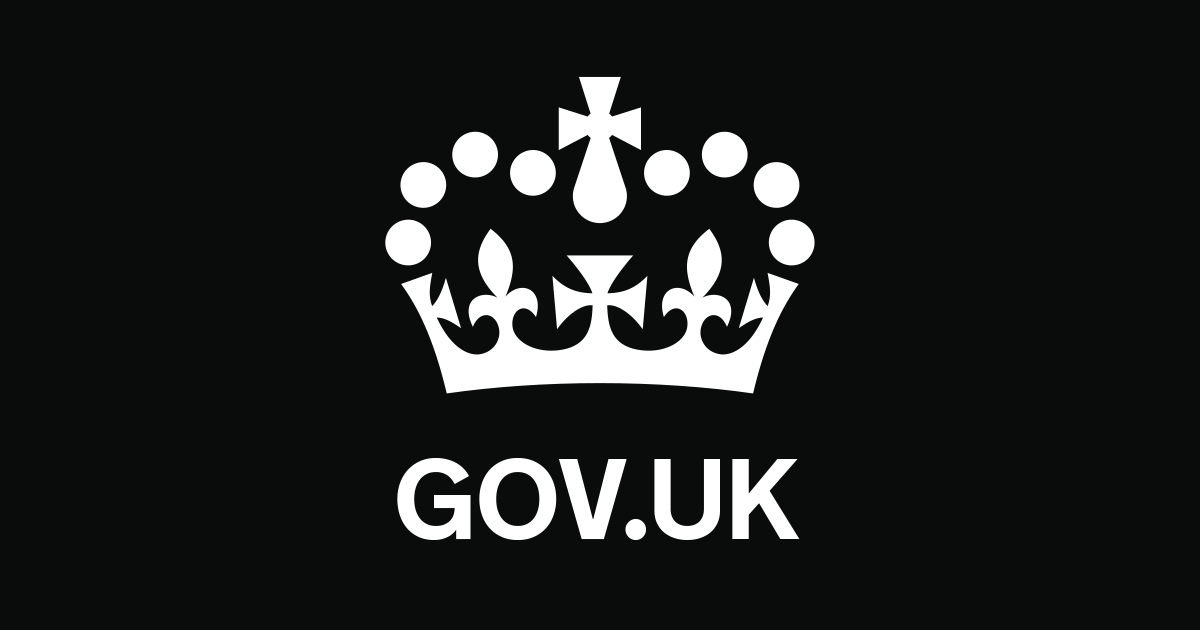
The Foreign, Commonwealth & Development Office (FCDO) advises against all but essential travel to:
- the whole of Croatia based on the current assessment of COVID-19 risks.
If you are returning to the UK from Croatia, you will need to self-isolate on your return (unless you are exempt). Check the latest guidance for England, Northern Ireland, Scotland and Wales.
Travel to Croatia may be subject to entry restrictions
- UK nationals travelling to Croatia from the UK, or any other non-EU/EEA country, are not currently permitted to enter the country due to Coronavirus measures. Restrictions were extended on 8 January 2021 and are expected to remain in place until 31 January 2021. Limited exemptions apply (but these are subject to a mandatory 14 day isolation period if you’re travelling from the UK or South Africa).
See Entry requirements for more information before you plan to travel.
Following the earthquake in Central Croatia on 29 December 2020, there are no longer regional restrictions on travel. If you are considering overland travel from Croatia to neighbouring countries, you are advised to consult the FCDO travel advice for those countries before travelling.
See Entry requirements for more information before you plan to travel.
Preparing for your return journey to the UK
If you’re returning to the UK from overseas, you will need to:
Check our advice on foreign travel during the coronavirus (COVID-19) pandemic and sign up for email alerts for this travel advice.
If you’re planning travel to Croatia, find out what you need to know about coronavirus there in the Coronavirus section.
During the COVID-19 pandemic, it is more important than ever to get travel insurance and check it provides sufficient cover. See the FCDO’s guidance on foreign travel insurance.
There are rules about taking food and drink into the EU. See Taking food and drink into the EU for further information.
On 29 December 2020, a 6.4 magnitude earthquake hit Petrinja near Sisak, in central Croatia and caused extensive damage to buildings, infrastructure and loss of life. There have been frequent aftershocks and the Croatian government advises against travel to Petrinja, Sisak and neighbouring areas. See Natural disasters
Approximately 875,000 British nationals visited Croatia in 2019 . Most visits are trouble-free.
If you’re living in or moving to Croatia, visit our Living in Croatia guide in addition to this travel advice.
If you’re travelling to Croatia by road or rail, you can find information on road border crossings and international rail journeys on the Croatian Automobile Association (HAK) website.
Carry your passport with you at all times. You must be able to show some form of identification if required, including when checking into hotels. See Local laws and customs
Land mines are still a danger in some isolated areas. See Local travel
Terrorist attacks in Croatia can’t be ruled out. See Terrorism
You should take out comprehensive travel and medical insurance before you travel. For information on the European Health Insurance Card see Health
If you’re abroad and you need emergency help from the UK government, contact the nearest British embassy, consulate or high commission.
The Overseas Business Risk service offers information and advice for British companies operating overseas on how to manage political, economic, and business security-related risks.